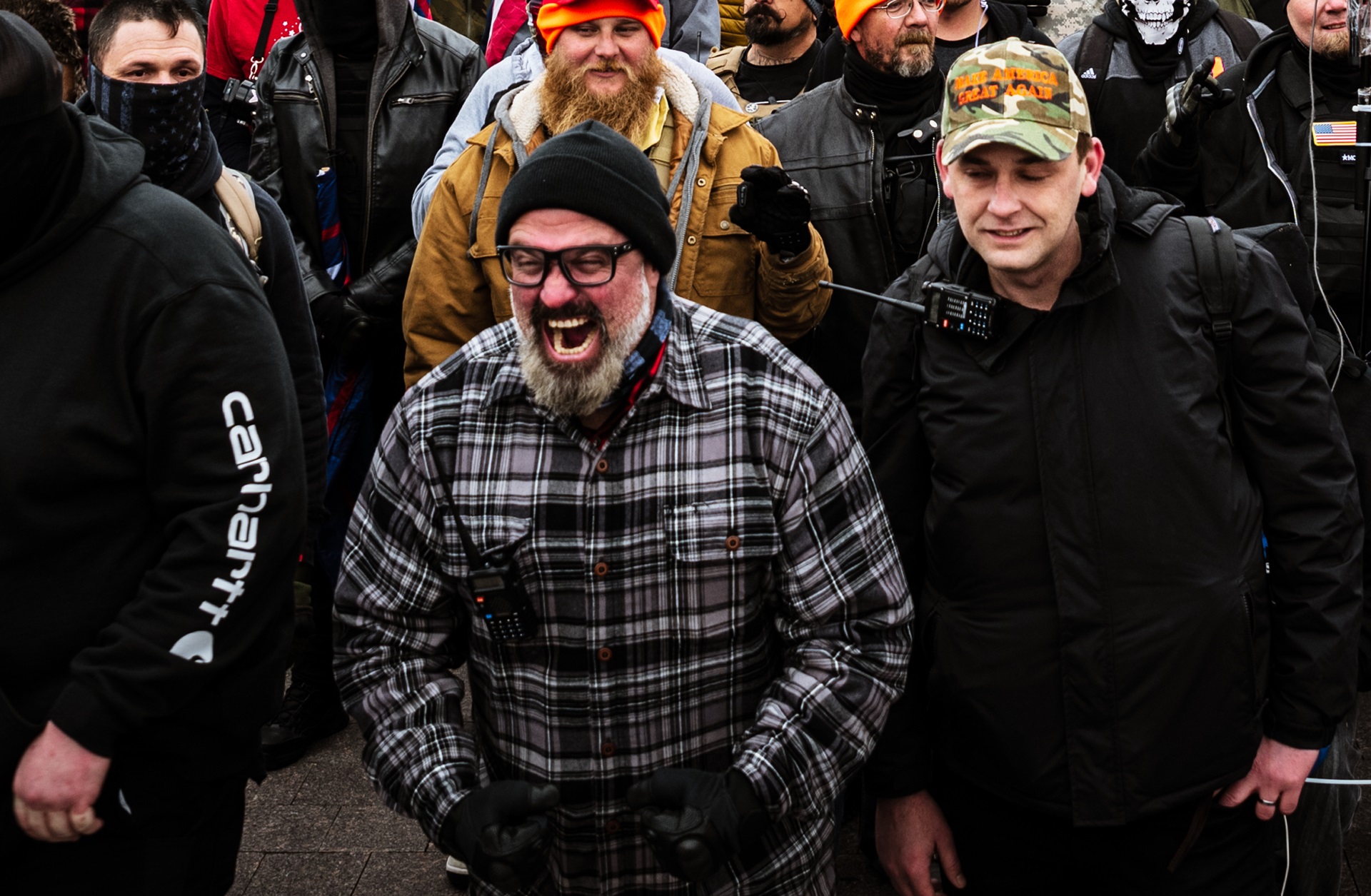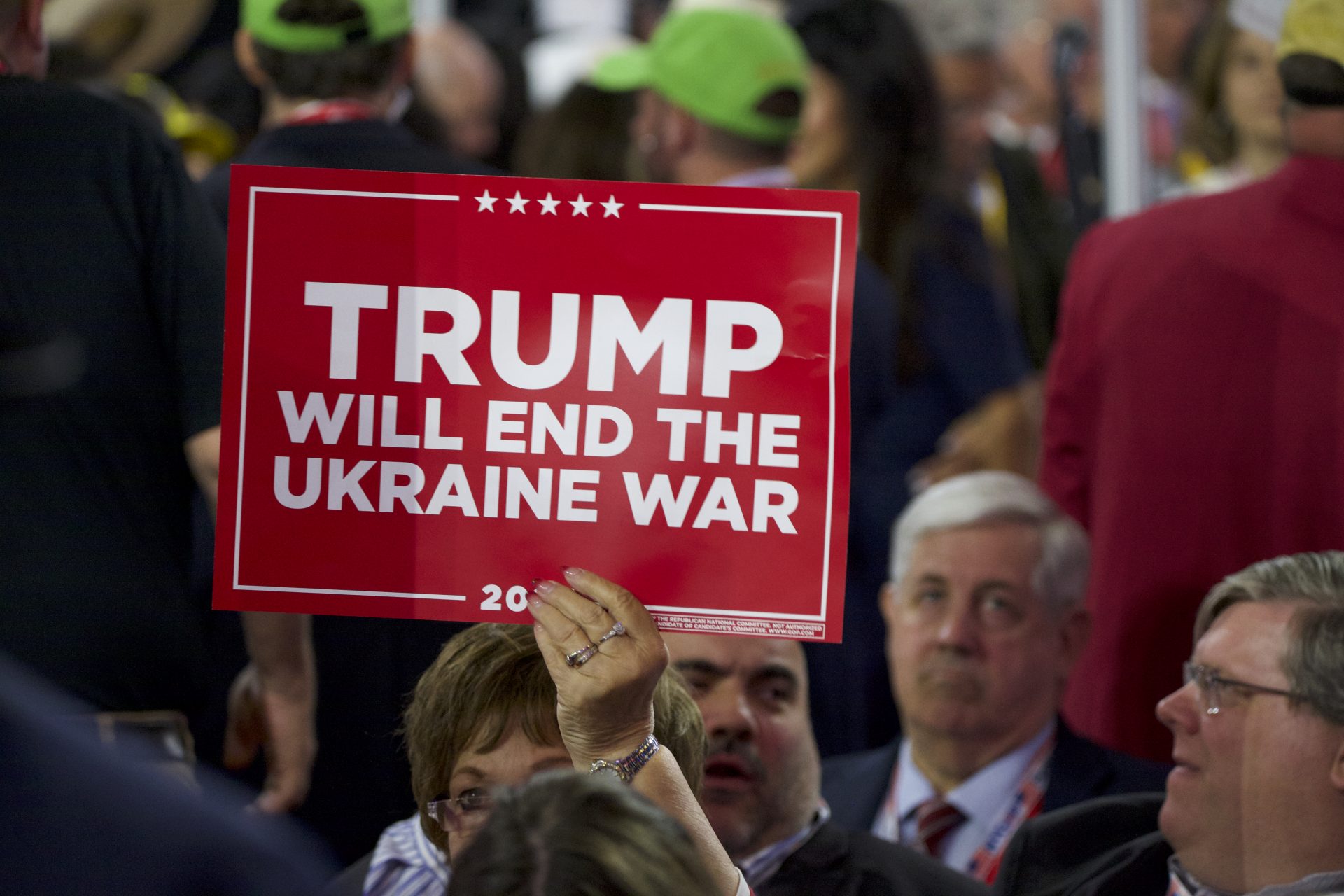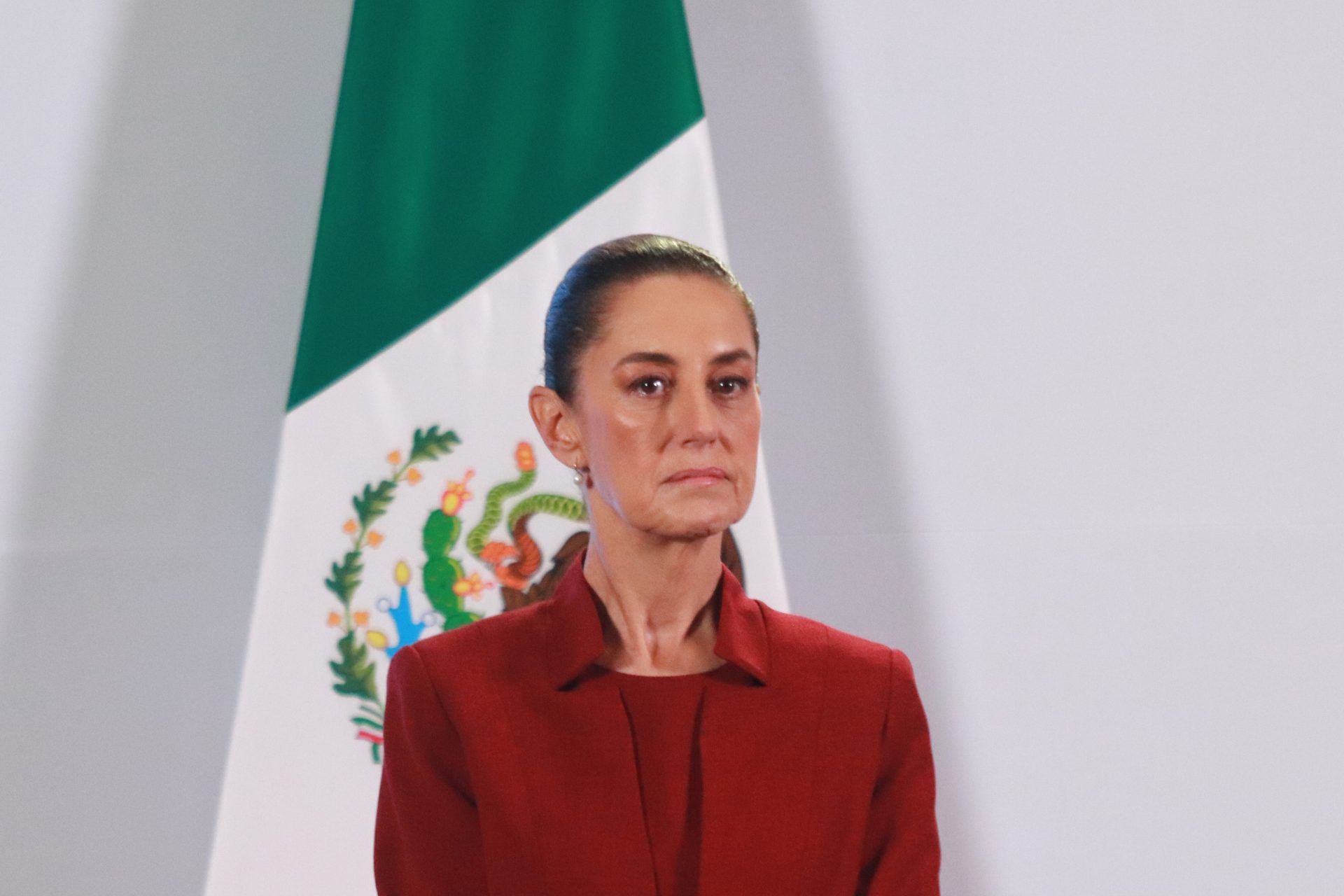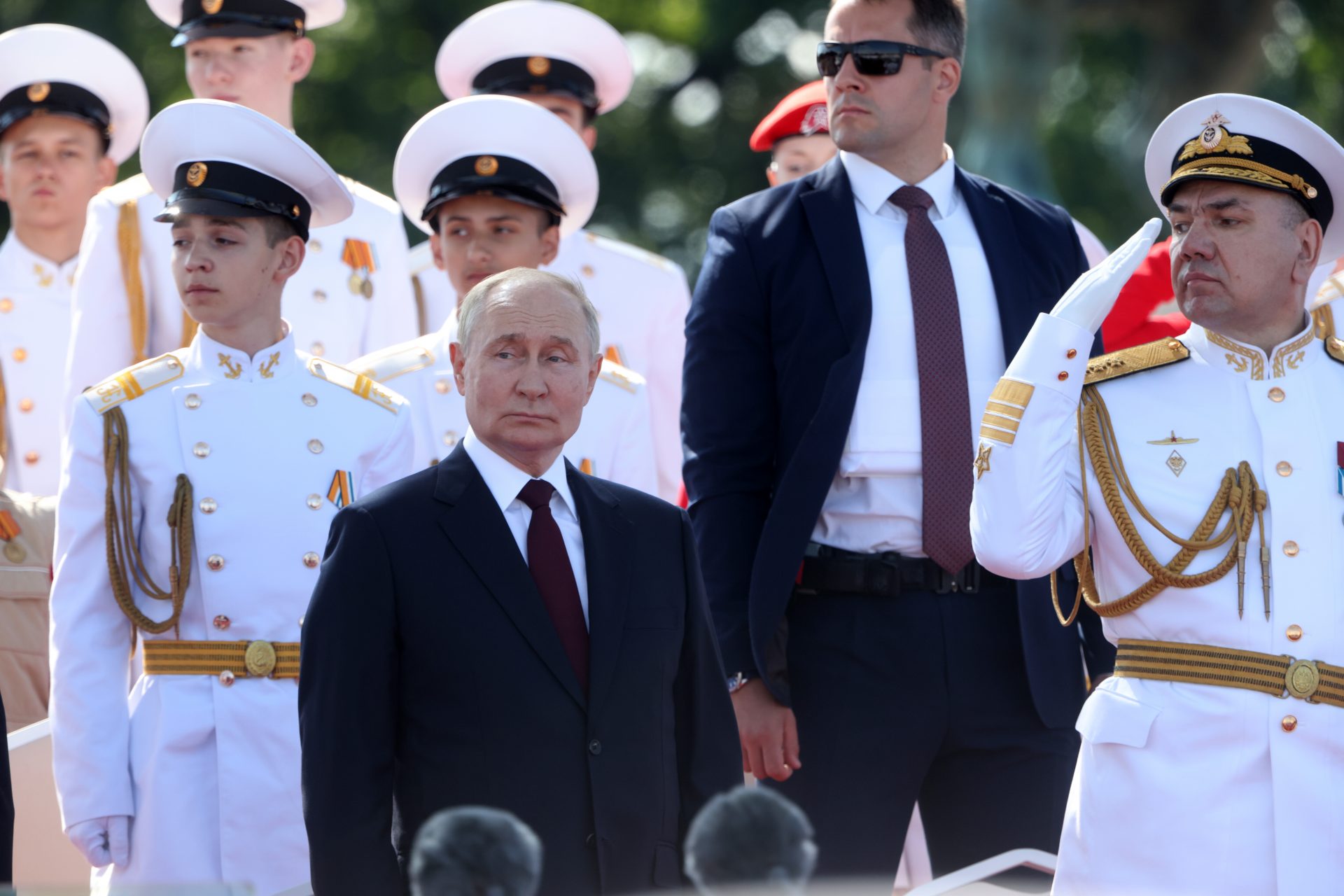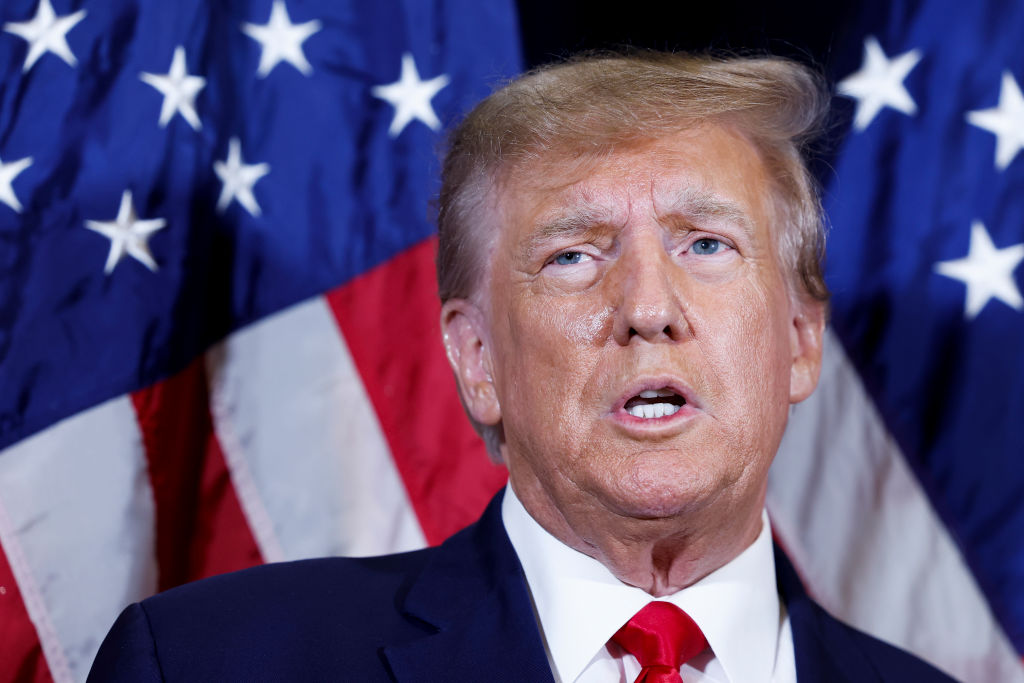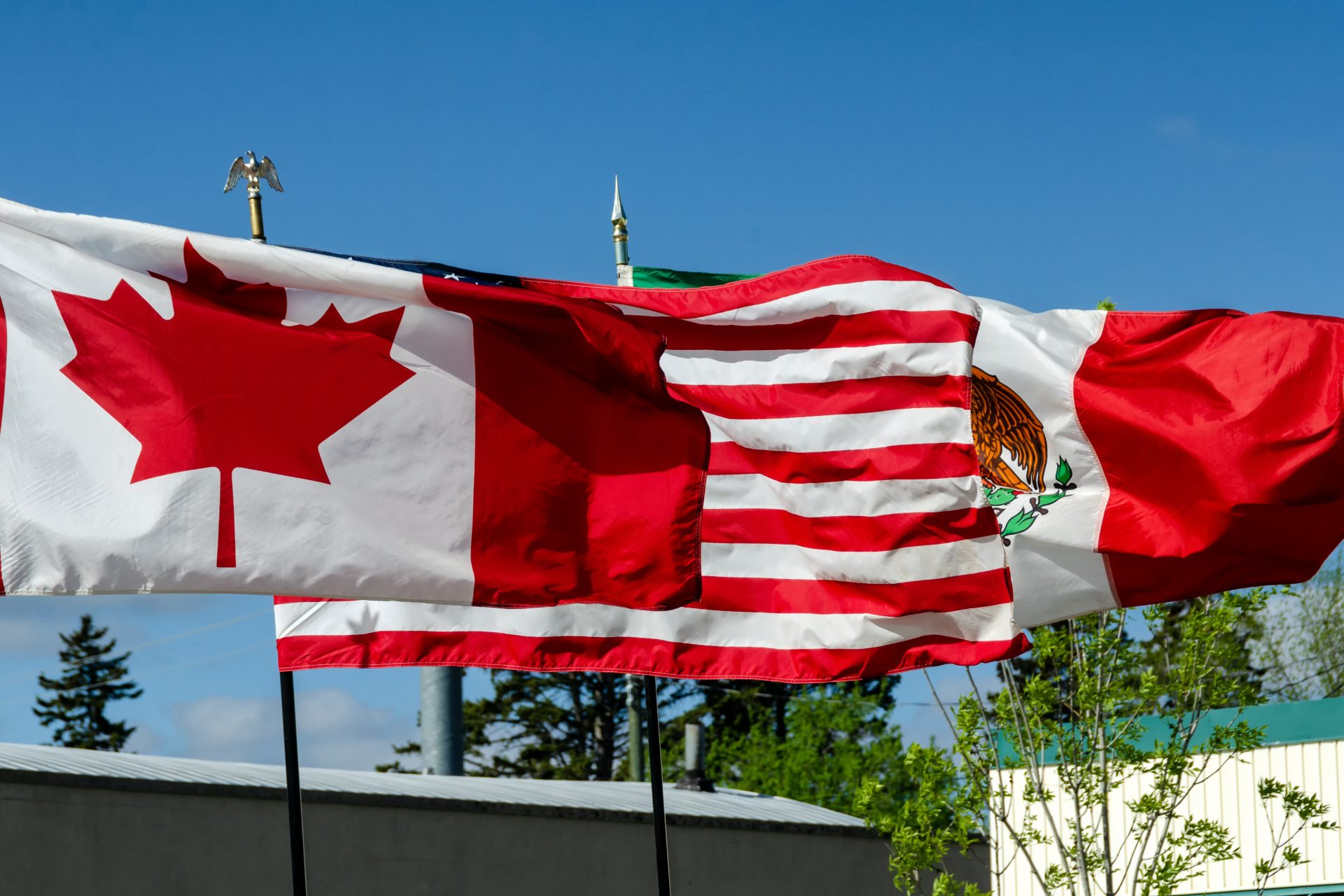The US government approved the sale of lab-grown chicken to the public
The US Agriculture Department approved the sale of chicken meat cultured in a laboratory for two San Fransisco-based companies.
Upside Foods and Good Meat are the first two companies to successfully go through the federal inspections required to sell meat and poultry in the country.
Image: Instagram /@upsidefoods
The Agriculture Department decision came just a few months after the Food and Drugs Administration determined both companies' food was safe.
Upside Foods and Good Meat culture chicken meat using cells from a single chicken. The result is a formed chunk of muscle tissue.
Upside Foods and Good Meat have similar processes, as shown on their websites. They sample a cell, then reproduce it. After that, they put the tissue sample in a cultivator to either grow in shape or be shaped.
Image: Instagram /@upsidefoods
However, cultured meat still has a long way to go before reaching supermarket shelves. Upside Food's CEO told Wired they expect to grow in phases. The next one is "demonstrating scalability," he said.
Upside Foods is already expanding its production in a specialized center. The company told ABC it makes 50,000 pounds yearly, with an eventual capacity of over 400,000.
Image: Twitter / @upsidefoods
According to Wired, the company raised billions in venture capital to build its operation. Specialized outlet Cinco Días lists Bill Gates and Richard Branson, from Virgin, as investors.
Image: Instagram /@upsidefoods
But now, the biggest challenge for the industry is cost. An estimation collected by Wired puts the meat at $17 per pound. Ido Savir, CEO of starup SuperMeat, told The Guardian that prices could reduce in the next five years.
To start opening the market, the approved companies will resort to restaurants. According to the AP, Good Meat partnered with famous chef Jose Andres for this.
The industry has advanced a lot since the first petri-dish burger in 2013. It was cultured by Dr. Mark Post in London. It took one year and around 250.000 dollars.
Support has become more common. In 2020, Singapore became the first country to approve lab-grown meat. Good Meats started selling chicken nuggets to restaurants there.
In Israel, in 2020, SuperMeat built a restaurant to showcase their lab-grown chicken patties. According to The Guardian, 50% of it was plant-based.
The US is no exception. President Biden signed an executive order in September directing the Department of Agriculture to support "cultivating alternative food sources," explains ABC.
But other countries have gone in the opposite direction: Italy has banned its production. According to Reuters, Giorgia Meloni's government claims they are unsafe and threaten Italian tradition.
There is also opposition inside the US. In 2018, Missouri became the first state to regulate the term "meat," keeping cultured products from the label.
According to The Guardian, some animal rights activists are also against the industry. They believe it perpetuates "an unhealthy obsession with eating animals."
The cultured meat industry claims its product is less harmful to the environment than regular meat and is cruelty-free—some studies back up those allegations.
According to the BBC, The Adam Smith Institute said in 2018 that changing meat production would reduce greenhouse emissions by up to 96% and free up 99% of the land used in farming worldwide.
Researchers also believed that cultured meat could carry fewer zoonotic diseases and prevent food poisoning, according to a recollection from the same study by The Guardian.
More for you
Top Stories
























